Some Women Should Begin Mammograms in Their 30s, Study Says
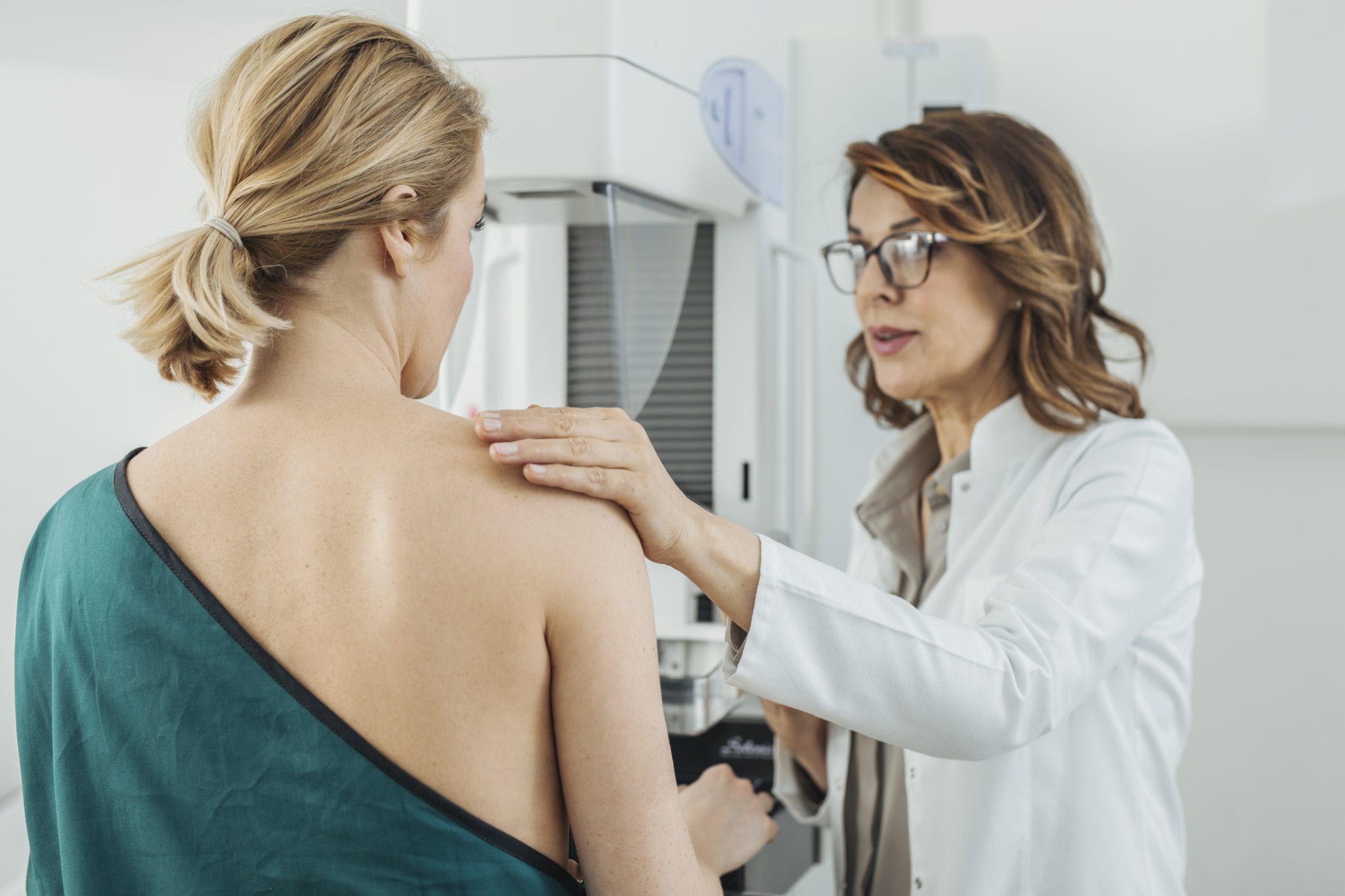
December 21, 2018
Most women are told they should have annual mammograms starting in their 40s, but some women could benefit from earlier screening, according to newly released research. A study presented at the annual meeting of the Radiological Society of North America (RSNA) found that women with a personal or family history of breast cancer, and those with dense breasts, could benefit from starting screenings at the age of 30. A mammogram is the go-to imaging exam that can detect breast cancer.
The American Cancer Society says that women should have the choice to get an annual mammogram beginning at age 40 and recommends that all women at average risk should be screened annually beginning at age 45. The RSNA supports screenings starting at the age of 40.
Mammograms In Your 30s?
One of the researchers said it is hard to study women in their 30s because most research focuses on women over 40. But some women in their 30s are at an increased risk and could benefit from earlier screenings.
The scientists looked at more than 5.7 million mammograms performed on 2.6 million women between 2008 and 2015. They compared screening women in their 30s with three risk factors (personal history, family history and dense breasts) to women in their 40s without those risk factors.
Women in their 30s had similar detection rates, but those rates were higher in women with at least one of the risk factors. Women in their 30s with at least one of the risk factors had similar detection rates compared to women between 40 and 44, they found.
Some breast risk models utilize different risk factors, which can be confusing to doctors and patients. But this study defined women at an increased risk in a simpler and more inclusive way. Any woman with dense breasts, personal history or family history of breast cancer in any first-degree relative is considered to have increased risk.
Screening Recommendations Unchanged
“Though the research will be useful to guide recommendations from medical institutions, the American Cancer Society, the American College of Radiology or the Society of Breast Imaging have yet to officially recommend screening for this group,” says Bokran Won, M.D., a radiologist with Hackensack Meridian Health Medical Group. “However, the findings from this study will certainly contribute to the knowledge base that helps doctors and their patients who are in this specific group develop a risk assessment plan.”
Dr. Won added that women who have risk factors including the BRCA genetic mutation, prior chest radiation for cancer treatment, personal history of breast cancer or strong family history of breast cancer should discuss a personalized screening plan with their doctors. That may include annual mammograms at age 30, as well as undergoing supplemental screening tests such as breast MRI with contrast and genetic counseling.
“It is very important that all women have an understanding of breast cancer risk in general and make a specific assessment of their individual risk with assistance from a physician, and then develop a personalized screening plan,” Won added.
Early Mammograms and Insurance
If a mammogram is needed, women should question their insurance carriers to confirm coverage, as it varies widely. Just because you get a prescription doesn’t mean your insurance will cover a mammogram, she noted.
“The first step would be to find out what is covered, and if coverage is not provided, what may be some alternative sources of funding to defray the cost of screening,” Won said.
Next Steps & Resources
- Meet Our Sources: Bokran Won, M.D
- To make an appointment with a doctor near you, call 800-822-8905 or visit our website.
- Find a breast imaging location near you or learn more about our breast health services.
- Radiological Society of North America
- American Cancer Society
- American College of Radiology/Society of Breast Imaging
The material provided through Health Hub is intended to be used as general information only and should not replace the advice of your physician. Always consult your physician for individual care.
How to Prep For Your Next Mammogram
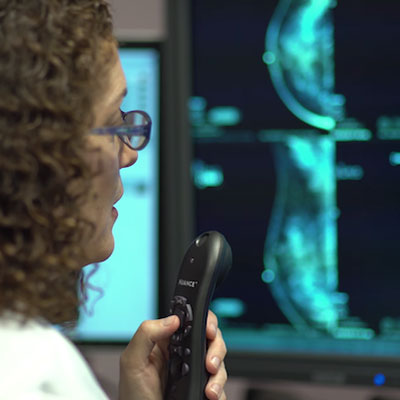
Learn how to prepare for a mammogram and what to expect during the procedure. Get tips on what to wear, when to schedule your appointment and more.
What Does It Mean to Have Dense Breasts?
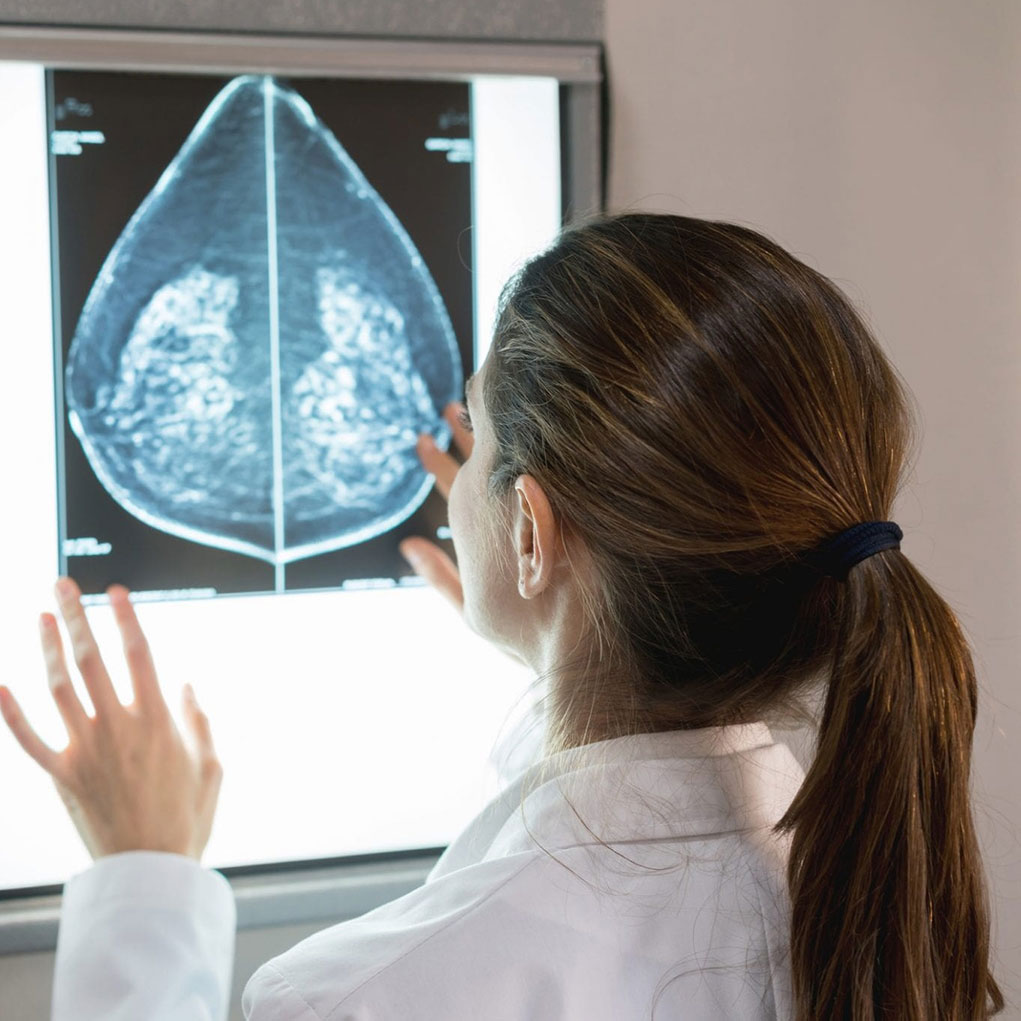
Half of all women who get mammograms are found to have dense breasts. What does it mean?
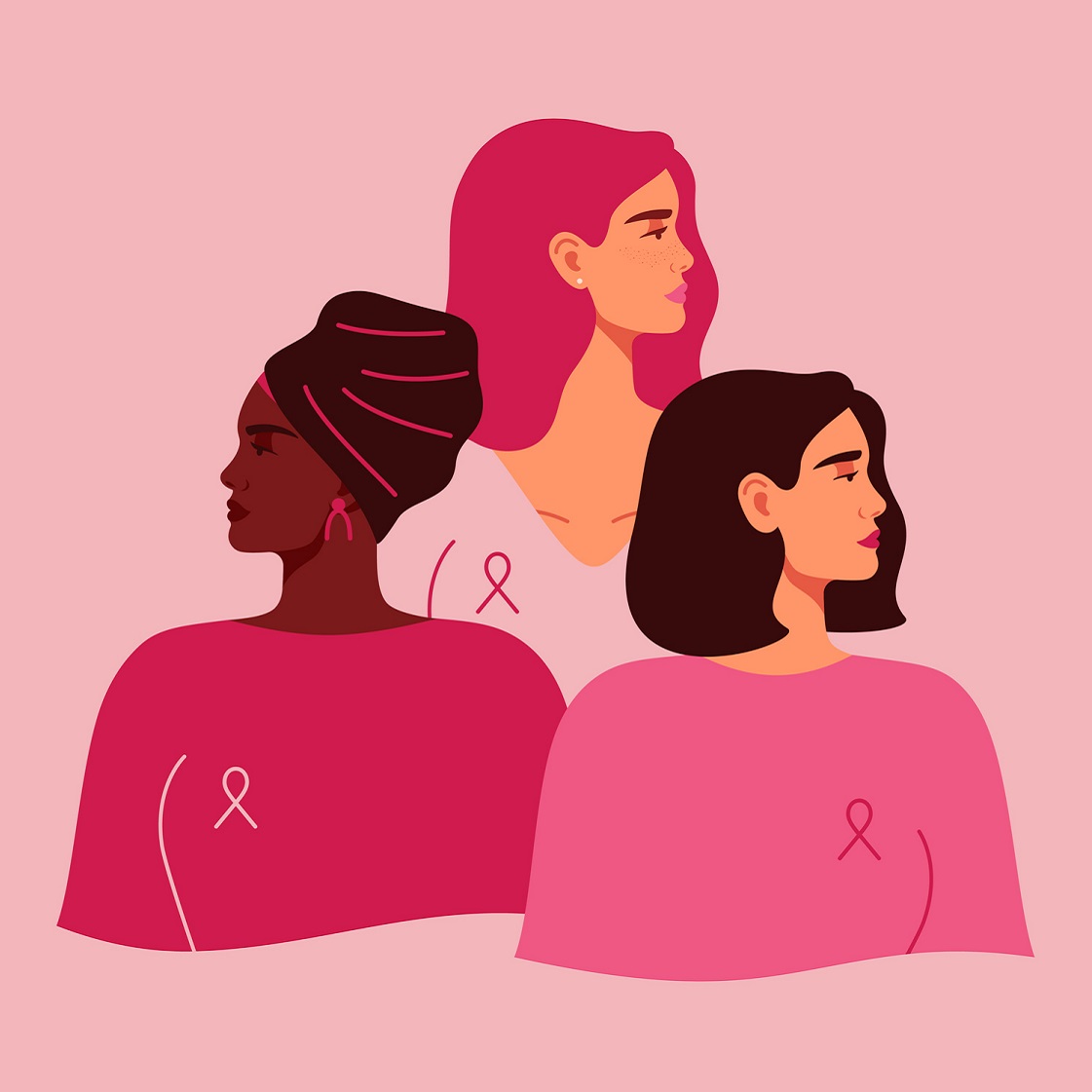
Which Breast Cancer Screening Technology is Right For You?
Breast cancer is more treatable than ever, but misconceptions can lead women to delay testing necessary to catch it in its earliest phases.
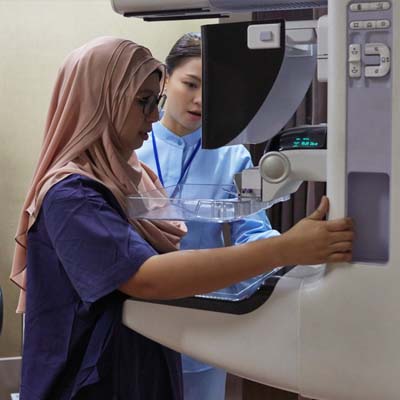
Which Screening Technology Is Right for Me?
Are all breast cancer screening methods the same? Our expert breaks down various technologies and who is a candidate for which.
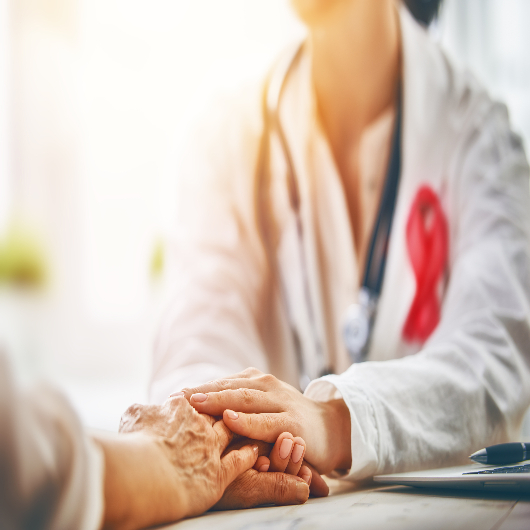
Breast Cancer Questions Everyone Should Ask
Every two minutes, a woman in the United States is diagnosed with breast cancer.

Can Lipstick Cause Breast Cancer?
You’ve likely heard that what we put in our bodies — junk food, cigarette smoke and alcohol, for example — directly impacts our health. But what about what we put on our bodies?